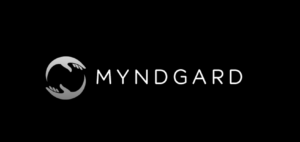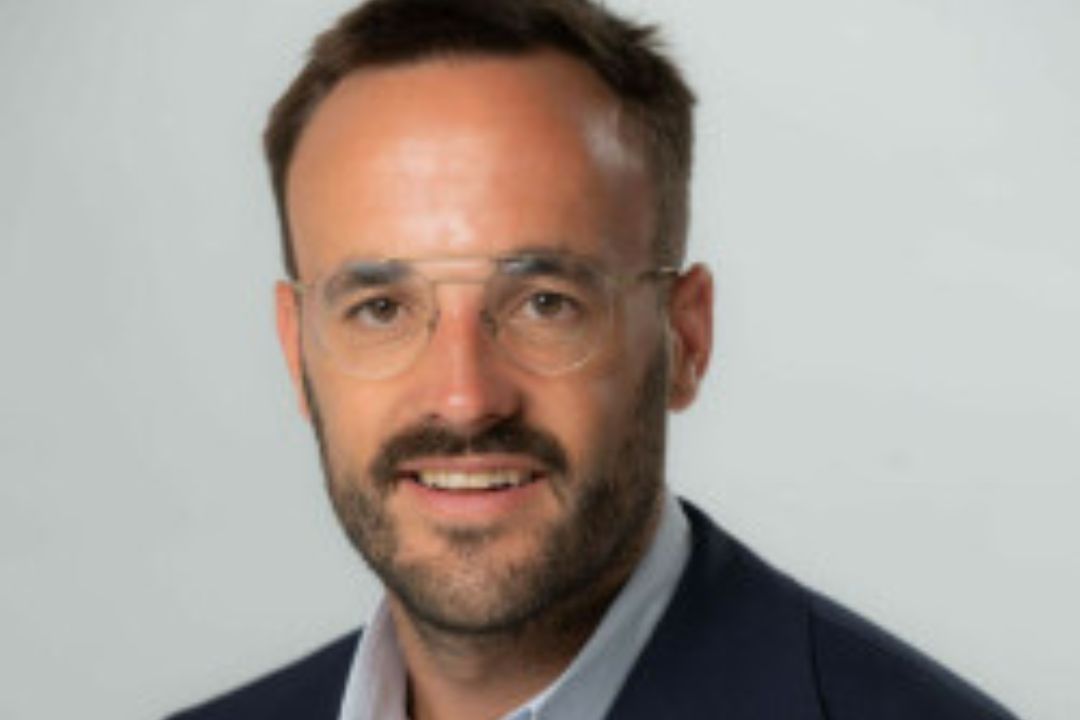26th October 2023
In our latest instalment of the Conversations with Our Network series, we catch up with one of the finalists from Ireland in this year’s Wild Card pan-European competition. Senior Clinical Psychologist and Co-Founder of Myndgard, Dr Edel Crehan shares her vision of not just changing the game in mental healthcare but transforming it.
Backed by EIT Health, Wild Card is an annual open innovation competition which invites health innovators from across Europe to develop solutions to solve pressing health challenges. The 2023 challenge sought to tackle areas of children’s health.
In Ireland, 87% of people with emotional, psychological, or mental health problems also have at least one other type of disability. But when one receives the right diagnosis, recovery can begin within weeks of beginning a treatment plan.
Myndgard, a Trinity College Dublin spinout, founded by Dr. Sean Kelley, Dr. Edel Crehan, and Pat Flynn, seeks to identify the early signs of depression and anxiety in young people, enabling swifter, more effective interventions. It uses AI and App Technology to measure mental health wellness and provide real-time feedback to clients and therapists.

Q1. What was the inspiration behind starting Myndgard?
The era of the mobile phone brought great opportunities to break down barriers by providing mental health knowledge and support to people in crisis. Therapy is expensive and typically time limited. Myndgard helps reduce treatment cost by providing clients with an ongoing assessment of their mental health so that they are aware of any upcoming poor mental health episodes and can take action to reduce or avoid such an occurrence.
We conducted a clinical trial with University College Dublin students last year and it showed that delivering therapy via mobile devices was very acceptable, and younger people are more comfortable with sharing information about their mental health.
Q2. Can you tell us more about how this solution works, and how does it contribute to improving mental health outcomes?
Using ground-breaking techniques that analyse clients’ daily lives, Myndgard is creating a space where individuals can have a tangible understanding of their mental well-being.
So from the moment the therapist waitlists the client and the client is seeking help and looking for treatment, Myndgard is in daily contact with the client using robust clinical measurements and engagement strategies. This determines their Myndgard profile of anxiety or depression. The approach validates the client’s distress and reassures that help is on hand and that recovery is possible.
The therapists are provided with an assessment of the client’s mental health during the next session. As a result, they can alter their therapeutic approach based on this feedback or inquire what is triggering any poor mental health episodes, resulting in faster and more successful outcomes. This approach addresses burnout, a professional hazard within the field.
Q3. Myndgard focuses on mental health solutions for young people and university students. Can you share some challenges this demographic faces when it comes to mental health?
The younger generation is better informed about mental health and is strongly influenced by how the topic is addressed, particularly through social media. Unlike previous generations, they are more active and take responsibility for their mental health journey. They know the value of immediate, timely, high-quality counselling and feel hopeless and frustrated when this isn’t offered. They also have frustrations that sessions can be limited, and follow-up can be absent. And these are the issues we are trying to address.
The awareness empowers young people to be less ashamed and more open about their mental health issues.
Q4. What sparked your interest in EIT Health’s Wild Card competition?
The mission and achievements of EIT Health Wildcard are inspiring and it’s been a great personal and professional honour to be chosen and to represent healthcare innovators in the EIT Health final in Warsaw this week. We successfully qualified from an initial group of 16 and we are through to the final seven to compete for funding.
The quality of mentoring and the mentors’ insights into the US market were important for us. The mentors have walked the walk and understand the sector, which has been a positive experience. We’re thrilled to be in the competition.
We have completed the CRAASH Stanford University-approved training programme. It has challenged us to bring our solutions into mental health clinics and expedite the development of our products and go-to-market strategies. Weekly mentoring and structured training provided by leading experts in the field of healthcare innovation from both the US and Europe has harnessed our ambitions of success and has given us far-reaching connections and future funding opportunities.
Tune into ‘Coffee with your Therapist Podcast’ by Myndgard for more insights on the key topics surrounding mental health.
The finals will take place in Warsaw on 27th October where seven European start-ups will compete. To learn more about this year’s Wild Card finalists, click here.
Europe's top health start-ups take centre stage: EIT Health Catapult winners are revealed at HLTH Europe

2025 Catapult programme winners announced.
Finding Europe’s next healthtech leaders: Insights from Antoine D’Hollander

Insights from Antoine D’Hollander, Capricorn Partners.
EIT Health supports 17 promising deep tech start-ups bridge the ‘Valley of Death’

Providing start-ups with the right support.